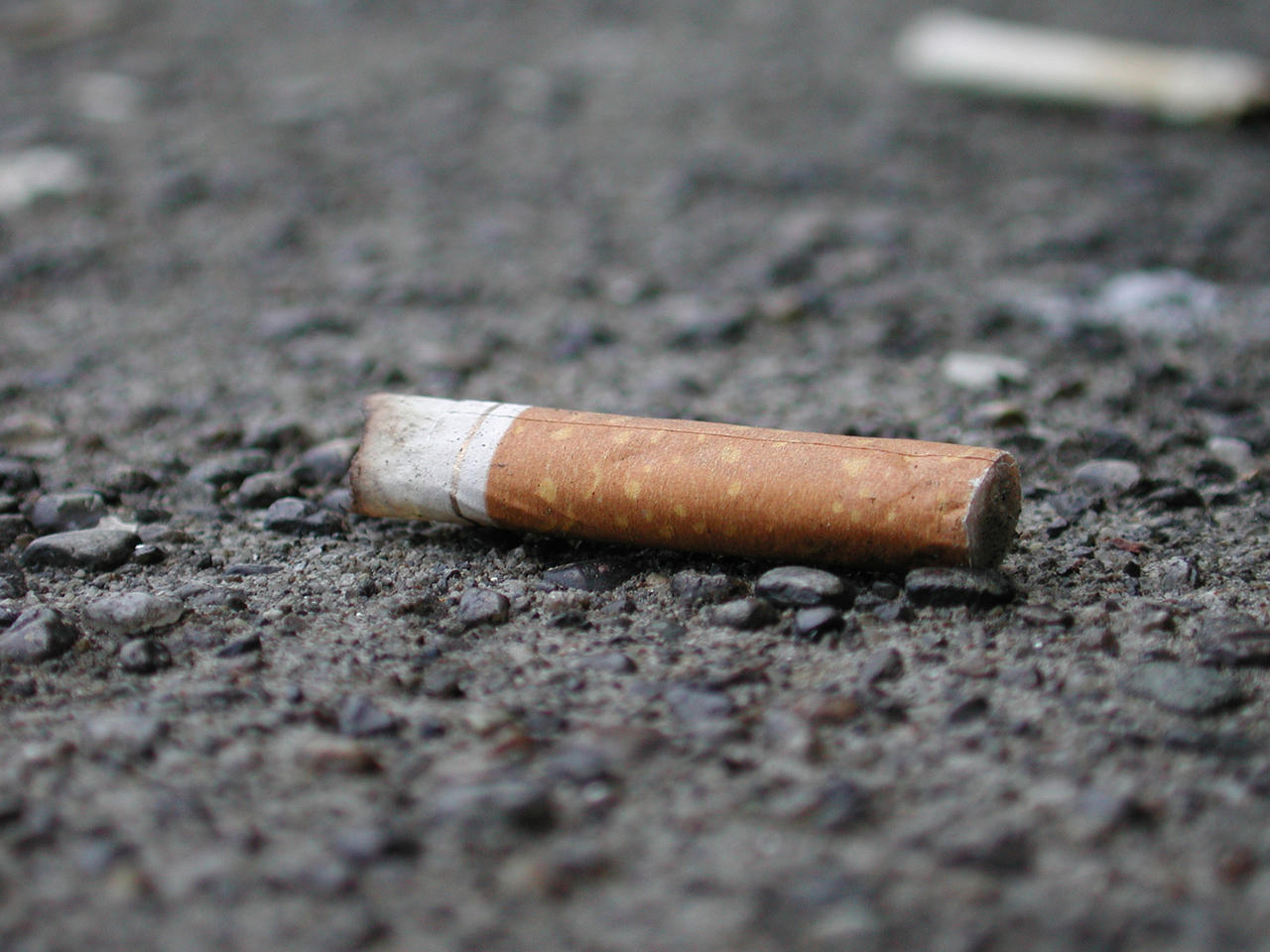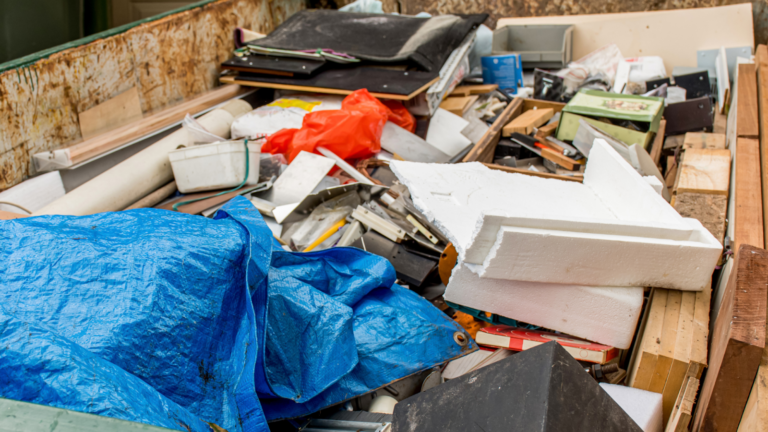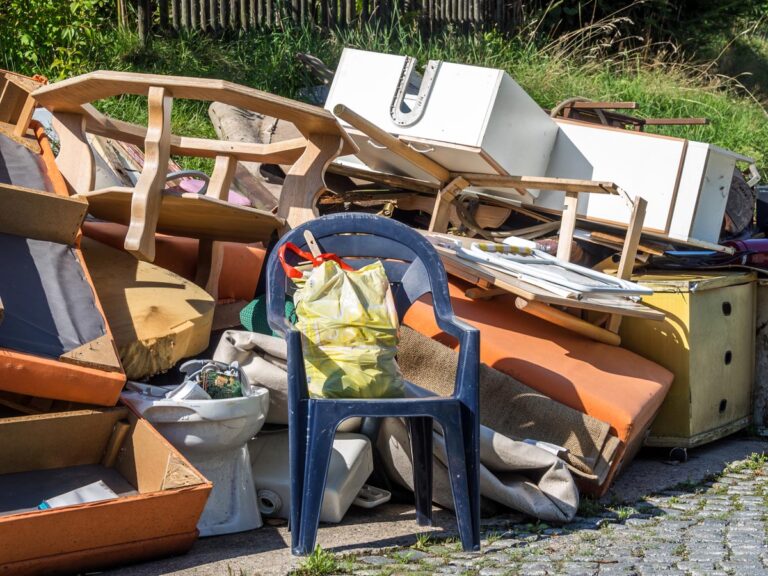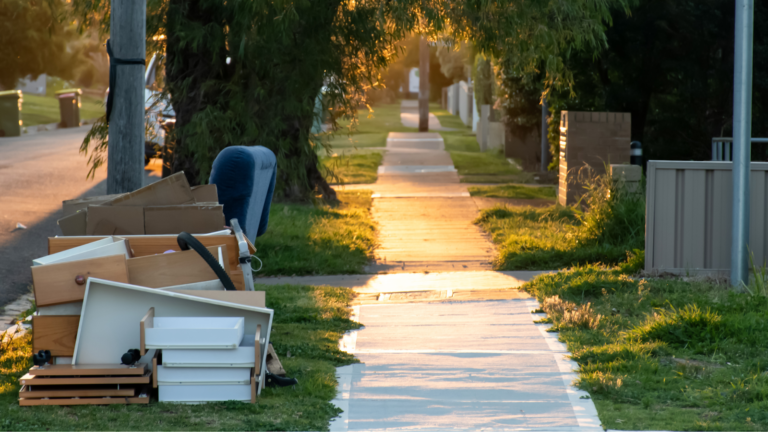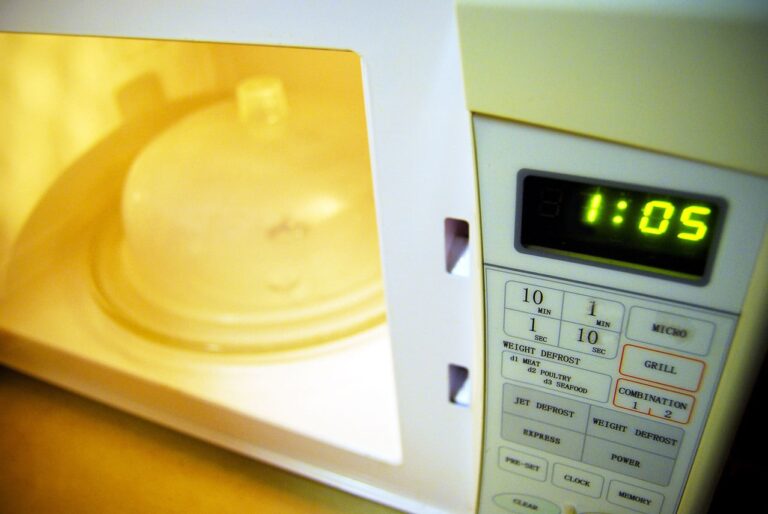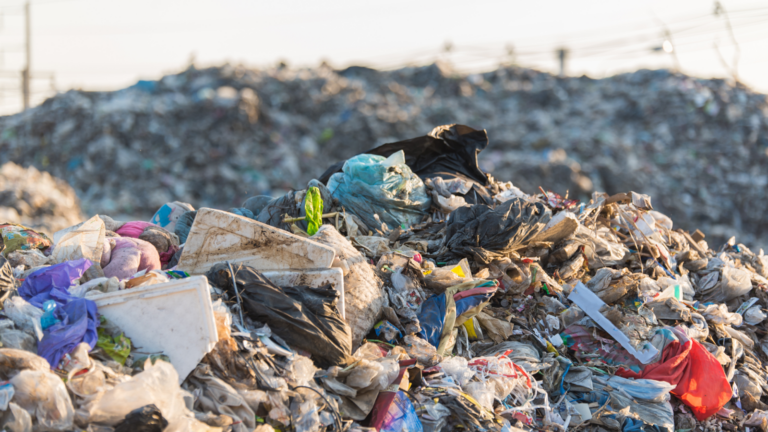The world throws trillions of cigarette butts into the environment every year. These cigarette litters are everywhere, along with green spaces, sidewalks, roadsides, beaches, and waterways. If you see cigarette filters on Australia’s streets, remember that you see some parts of the country’s 7 billion littered every year.
Millions of chain smokers still exist worldwide despite the harmful effects on the human body. They mainly inhale the addictive scent of nicotine and carelessly toss the filters behind them. Even when the smoking rate goes down, cigarette butts are still the most littered on earth.
The cigarette butts are composed of a plastic called cellulose acetate. When thrown into the environment, they dump that plastic and the nicotine, heavy metals, and other chemicals absorbed into the environment. With its toxicity, the common environmental effects are the contamination of water and fish and other marine species being poisoned.
Moreover, what does all that cigarette waste mean for the environment and human health? Our Sydney rubbish removal team have compiled basic facts that will make you think twice about leaving a trail of cigarette butts on the streets or corners.
How Toxic Are Cigarette Butts?
Most cigarette butts or filters are made of fibrous material called cellulose acetates, a thin plastic that is tightly packed to form a filter. The filter’s purpose is to trap toxic substances from the cigarette before it reaches the smoker’s lung.
For example, the use of asbestos to make filters in 1950 was discovered to be more harmful than unfiltered cigarettes. Each butt contains tobacco, ink, and filter residues. The waste in the butts contains toxic chemicals and solubles. Such chemicals can have a deadly impact on the environment and on humans.
Cigarette Butt Litters Alarming Statistics
Think twice if you think cigarette filters are just tiny pieces you can throw anywhere. Each year, about 4.5 trillion cigarettes are littered worldwide, so if you’re one of the contributors, consider first the latter before dropping your cigarette filters on the streets.
About 20 million cigarette butts are littered daily in Australia, totaling 7 billion per annum. If placed end to end, they would extend 144,000 kilometres and circle the planet 3.6 times. Moreover, 6 out of 10 Australian smokers are reported to litter their cigarette butts outdoors.
Cigarette Butt Litters Harming the Environment and Humans
Cigarette butts are a growing source of pollution. It is estimated that around 1 in 10 cigarette butts enter the aquatic environment after being transported from stormwater drains, and beaches to streams and waterways.
After only an hour of contact with water, cigarette butts leach nicotine, lead, cadmium and heavy metals before becoming an ocean-contaminating microplastic waste that threatens the marine ecosystem. Animals often mistake cigarette butts for food. They are in the stomachs of fishes, birds, sea turtles and other marine creatures.
The effects of cigarette filters are alarming not only for marine animals but also for humans. We mainly consume plastics when people eat seafood from cigarette filters turning to microplastics. Plastic exposure is believed to cause health problems such as infertility, asthma and even cancer.
Aside from the effects mentioned, cigarette butts in soil reduce plants’ germination success and shoot length, according to a new study published in Ecotoxicology and Environmental Safety journal. In a field full of grasses where cigarette butts are commonly tossed, grass germination success is reduced by 10 per cent and shoot length by 13 per cent. This effect on the soil and plants adds to the hazards that the tiny cigarette butts produce to harm the environment.
On the other hand, carelessly discarded cigarette butts in Australia frequently cause fires — specifically bushfires. Over 4,500 fires a year are caused by cigarettes and smokers’ materials. That is why fines in Australia have to be implemented under the Litter Act 1979 for the incorrect disposal of cigarette butts. This is applied to reduce the likelihood of destructive bushfires, and smokers would responsibly dispose of their cigarette butts.
Conclusion
Cigarette butts are light and small. They can be quickly blown from different areas finding their way into the ocean. With its staggering number littered everywhere, it threatens marine life and even affects humans. That is why action must be taken to prevent future consequences from happening.
Waste issues will be manageable at Paul’s Rubbish Removal since it is the team’s responsibility to make every homeowner’s area in Australia safer and cleaner to live. With us, we will properly dispose of your rubbish, not allowing any cigarette butt to drop into the streets.
For more information on our rubbish collection services, call us on 0407 125 125 or send us an email at info@paulsrubbish.com.au.
